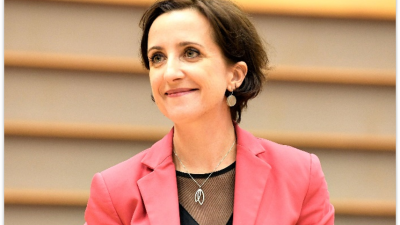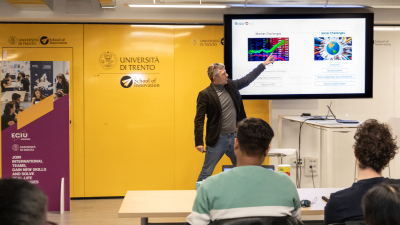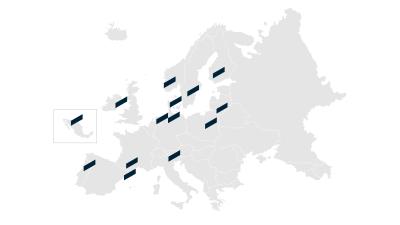All pages

1
Cover October 2024

2
Foreword
Jan-Ingvar Jönsson, ECIU President

3
Content

4
Highlights
Latest news and developments

5
Opening story
'This is what Europe needs'

6
'We are shifting the mindset'
Interview Mairéad Nic Giolla Mhichíl, Micro-Credential Lead

7
‘We need the same spirit that’s made us successful so far’
Interview Shelaa Kiiskilä

8
‘ECIU U offered a new perspective to challenges’
Interview with Roberto Napoli, challenge coordinator, University of Trento

9
Educational reforms
Interview with Kristina Ukvalbergienė, Vice-Rector for Education, Kaunas University of Technology

10
BeeCause We Care

11
Winners of the 2024 ECIU University Team Impact Award

12
Our members
The 14 universities of ECIU

13
Picture page
ECIU University Forum

14
Student engagement
‘Change of attitude and approach is needed’

15
SMART-ER
‘Change of attitude and approach is needed’

16
Stakeholders on challenges
A way to gain new insights and ideas

17
Colofon
All editions
Zoeken
Search, through all Editions






